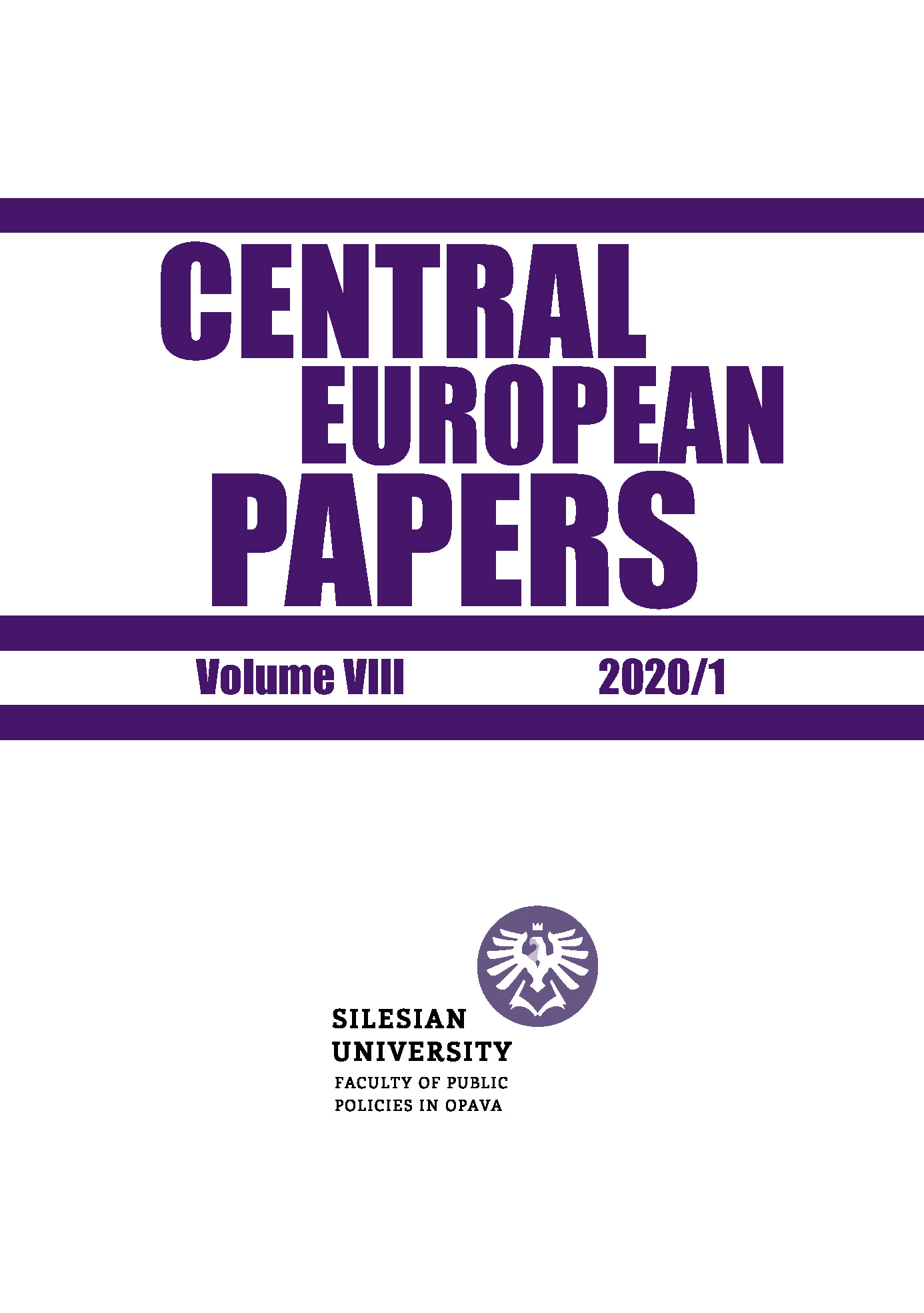Slovak National Council and (Un)Implemented Principles of Parliamentarism between 1944 and 1992
Slovak National Council and (Un)Implemented Principles of Parliamentarism between 1944 and 1992
.
Author(s): Tomáš GábrišSubject(s): History, Government/Political systems
Published by: Slezská univerzita v Opavě, Fakulta veřejných politik
Keywords: parliamentarism; Slovak National Council; Czechoslovak Republic; Board of Trustees; Communism
Summary/Abstract: The Slovak National Council (SNC) was the body, which assumed to concentrate supreme state powers in its regulation no. 1/1944, during an anti-Nazi uprising taking place in the end of the Second World War in the territory of Slovakia. This body had, however, not been directly elected until the year 1954. And even when it was to be finally elected in direct elections, these were strongly marked by a completely new approach of Communist Party and its ideology towards the role and importance of elections – limited only to prove the generally accepted leadership of the Party. As far as the SNC’s activity is concerned, it kept decreasing in the first half of the researched period – both in quantity (with regard to the scope of its competence and the number of results – enacted laws), and quality (SNC was simple approving all proposals and bills without any debates). Only in the conditions of Czechoslovak federation since 1969, SNC regained some importance. In the first half of the researched period, the SNC also lost any control over its own executive body – the Board of Trustees, which was nominated by the Prague government. In 1960, the Board of Trustees was even completely abolished. Only since 1969, the national government replaced the former Board in its function of a supreme executive body for the territory of Slovakia. However, even then the idea of unified state power, which is not to be separated into different branches (legislature, executive, judiciary) led to an idea of cooperation between the supreme state bodies instead of their mutual control – since these were to follow the same goals – common interest in construction of communism. This special relationship between the supreme state bodies can only be understood through the prism of monopolist rule of the Communist Party, denying the true fulfillment of principles of parliamentarism in Slovakia up to 1989, which were then gradually reconstructed until disintegration of Czechoslovakia in 1992.
Journal: Central European Papers
- Issue Year: 8/2020
- Issue No: 1
- Page Range: 9-25
- Page Count: 17
- Language: English

